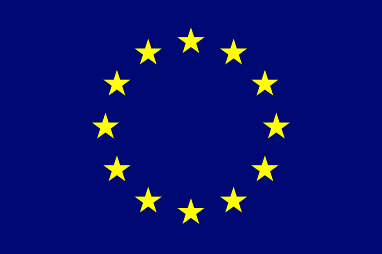New humanitarian trends and challenges in delivering humanitarian aid in light of the conflict in Ukraine: Round table in Prague

The conflict in Ukraine and its global economic repercussions have exacerbated the already critical humanitarian situation worldwide. In 2021, only 54 % of needs were covered and the situation is expected to worsen by the end of 2022.
With the aim of triggering reflections on the global and regional humanitarian context in the EU and worldwide from the perspective of donors and NGOs, VOICE and FoRS, the Czech national platform of humanitarian and development CSOs jointly organised a round table in Prague on 8 September during the Czech Presidency of the EU Council.
During the one-day event, we welcomed high-level experts including representatives from DG ECHO, Ministries of Foreign Affairs from the Czech Republic, Poland, Slovakia, and Sweden as well as humanitarian aid actors from 15 different European countries.
The Chair of FoRS’ Board, Richard Schinko, and Dominic Crowley, VOICE President, opened the round table by addressing the state of play of principled humanitarian aid in the Ukraine conflict followed by Jiri Kozák, the Czech Republic's Deputy Minister of Foreign Affairs, who outlined the priorities of the Czech Presidency, which includes Disaster Risk Reduction, humanitarian diplomacy and triple nexus approach in fragile contexts.
The event had three interesting panel discussions:
- A glimpse of the current humanitarian context: addressing new challenges and trends.
- Regional round table: donors’ and NGOs’ challenges and enablers in delivering principled humanitarian aid in light of the Ukraine conflict.
- Reflections on how to address the record level of humanitarian needs and increasing funding gap ahead of the European Humanitarian Forum (EHF) 2023.
All the sessions were insightful and fostered reflections on how to ensure the delivery of principled humanitarian aid as well as how to cover the skyrocketing funding gap while the number of people in need worldwide are at an all-time high. The discussions were held in view of the next European Humanitarian Forum in March 2023. Here are some of the VOICE key takeaways:
- IHL needs to be upheld and promoted as well as the protection of aid workersneeds to be ensured.
- Investments in Disaster Risk Reduction and Anticipatory Action are key to prevent disasters and further humanitarian suffering.
- Humanitarian education is of utmost importance to ensure the principles are not forgotten and properly understood.
- Data on humanitarian funding needs to be provided.
- While the nexus approach is confirmed as crucial to address crises in a more holistic way, financial tools have not yet been adjusted to make it possible.Decision makers, including Finance Ministries and politicians, play a crucial role in addressing the current humanitarian challenges. The EHF could be an opportunity to raise awareness amongst political actors regarding key humanitarian topics, including enlarging the donors’ base and tackling the growing funding gap.
If you are interested in reading more, please download the VOICE key highlights from the event.

